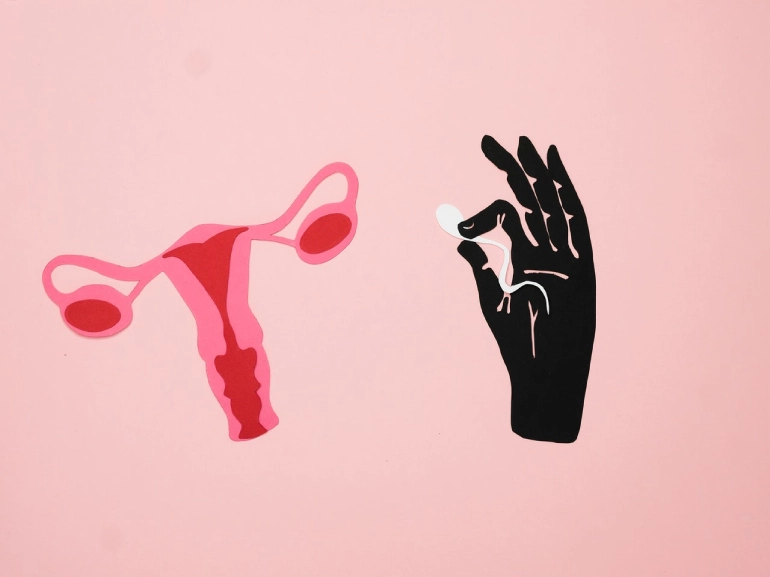The health of men and women differ because of various biological reasons. For example, men have a higher chance of getting prostate cancer than women because men’s prostate is much larger. So physical differences can undoubtedly make a difference in health. However, only recently, dental science has found that men and women are also likely to have other oral health than men.
Women’s oral health is defined in three parts: puberty, pregnancy, and menopause. In this blog post, you’ll learn each vulnerability that women have regarding oral disease and how women can prevent each disease. Let’s first start with puberty.
Puberty
Puberty is a time when young bodies change drastically. For example, men are likely to develop more muscles and grow taller. They’re also likely to have a deeper voice. Women also go through changes such as enlarging their breasts, slender bodies, and increased fat in the buttocks and legs. However, the most crucial part of puberty lies in what people don’t see: hormonal changes.
Medical science has seen women experience more hormonal changes than men during puberty. This is partly because women experience their first menstruation at this point in their lives. Menstruation pushes hormonal levels much higher, leading to emotional distress and sensitivity. However, these hormonal changes can also affect oral health.
Due to high hormone levels in women, they are more susceptible to gum disease and mouth sores than men. This continues after puberty and into adulthood.
Pregnancy

Pregnancy is a unique biological state to women. It can easily be the most stressful part of a woman’s life. During this time, women have to take care of themselves and the baby. Moreover, hormonal changes also reach higher levels than puberty. This can change their overall emotional state as well as their oral health.
The high presence of estrogen and progesterone during pregnancy can inflame gums. When not treated or if the pregnant woman does not have good oral health, inflamed gums can lead to gum disease. Therefore, many dental professionals urge pregnant women to take extreme care of their oral health during this time. This is because women with gum disease and other oral health diseases have a higher chance of a miscarriage and severely underweight babies.
To ensure that the baby gets the right amount of nutrients for healthy teeth growth, physicians suggest that pregnant women adopt a diet with calcium, protein, and phosphorous. A good diet means a good start to a baby’s oral health.
Menopause
The menopausal period happens between 40 and 50 years old. Once again, this is a great time of change for women, both mentally and physically.
Perimenopause is the first stage of menopause, and it’s a time when a woman’s body starts adapting to the new changes that menopause is about to bring. A woman’s estrogen is high during this time, leading to soft and tender gums. In some cases, it can also lead to inflamed gums. Women can also have much higher temperatures than before. This can lead to canker sores and dry mouth.
During menopause, physicians recommend women to keep hydrated more than usual. This is because dry mouth is a serious concern. The lack of saliva can lead to many oral diseases. Because the menopausal period starts during the late stages of life, some oral diseases might be harder to cure.
Vices and Gingivitis
Many experts also suggest that women avoid excessive alcohol and nicotine consumption because they are more susceptible to gingivitis. Once again, this vulnerability lies in the severe hormonal imbalances that women have. This becomes even more vital once they’ve reached a much later stage in life when gingivitis becomes much harder to cure.
Contraceptive Pills
Oral contraceptive pills also play a significant role in women’s oral health. Women who take contraceptive pills are vulnerable to periodontitis because of hormonal changes in their bodies. They are also twice as likely to develop a dry socket, which can be severely painful. To avoid this, experts suggest getting a tooth implant so that there’s no open socket in the mouth.
Women have to be more careful than men when it comes to their oral health. Their hormonal imbalances can lead them susceptible to all sorts of oral diseases. When it comes to taking care of your oral health, it’s better to start investing in your oral health now more than ever. Get the necessary dental appointments when you can to ensure that your oral health is in top shape before you reach the later stages of your life.



